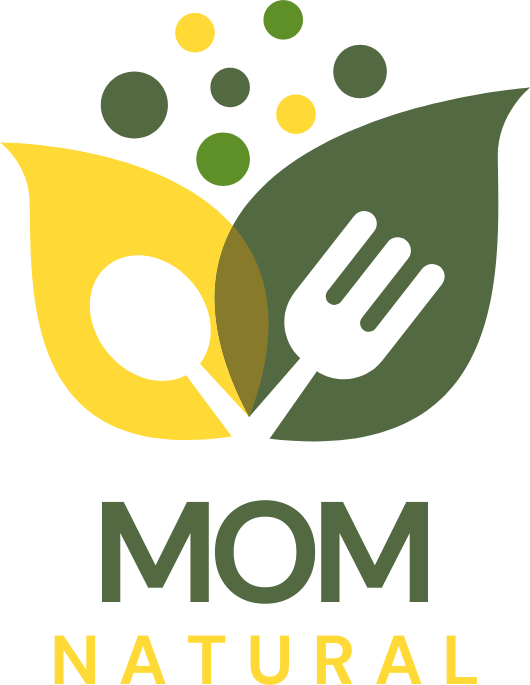The early stages of parenthood often come with an emotional rollercoaster. Moments of joy, anxiety, excitement, and fatigue can swiftly interchange, making it challenging to maintain emotional balance. However, understanding these emotions and learning how to cope can make the journey significantly smoother.
Recognizing the Different Forms of Parental Emotion
Studies reveal a wide array of emotions experienced by new parents. Here are a few to familiarize yourself with:
- Excitement: This feeling pops up during the early stages of pregnancy and after welcoming the baby.
- Anxiety: Concerns about the baby’s wellbeing, finances, and personal health may result in anxiety.
- Joy: The happiness from having a newborn can be overwhelming, and it often overshadows the sleepless nights and constant fatigue.
- Fatigue: The physical demands of caring for a newborn lead to exhaustion. This often amplifies other emotions.
Finding Support and Connection in the Early Days
One of the key steps in navigating parental emotions is finding reliable support. It can come from various sources:
- The spouse/partner: Sharing the responsibility of childcare with your partner improves emotional health and strengthens your bond.
- Family and friends: A supportive network of family and friends can offer practical help and emotional reassurance during this transitional phase.
- Professional help: If the emotional extremes persist, it may be beneficial to consult a mental health professional. They can provide strategies to regain emotional balance.
Coping Strategies for Balanced Feelings
Adopting coping strategies can help manage and balance feelings during early parenthood. Here are a few strategies to consider:
- Self-care: Eating healthy, staying hydrated, and having adequate sleep are essential. Regular exercise also helps boost mood and energy levels.
- Mindful habits: Practicing mindfulness can help reduce stress and anxiety. This includes deep breathing, yoga, or even a few minutes of silence each day.
- Journaling: Writing down thoughts and feelings can provide a healthy outlet for emotions and help recognize patterns in emotional highs and lows.
Making the Most of This Phase
Integrating fun into the routine can also alleviate the emotional pressures of early parenthood. Exploring new activities together, like a balanced screen time schedule, or going for a relaxing weekend trip can create lasting memories and strengthen the bond with the baby.
Mastering how to handle the emotional rollercoaster of early parenthood may seem like a challenge initially. But with time, patience, and trust in your abilities as a parent, it becomes a worthwhile learning journey. Hang in there; you are doing an excellent job!
Dealing with Common Parenting Stressors
Research has shown that stressful situations and events can markedly affect parents’ emotional wellbeing. Balancing work and parenthood, dealing with financial worries, lack of sleep and even the general responsibility of taking care of a little one can all be triggers for emotional upheaval.
- Work and Life Balance: Striking the right balance between career and parenthood is challenging. However, quality time spent with the child, planning family-based activities on weekends, and occasionally working from home can go a long way to ensuring a good balance.
- Financial Stress: Preparing for financial changes before the baby arrives, properly managing finances and avoiding unnecessary expenses can help reduce this kind of stress.
- Sleep Deprivation: The reality of sleepless nights can be difficult to deal with. Make sleep a priority when you can and develop a sleep schedule that works for both parent and baby.
- General Responsibility: The weight of responsibility can feel heavy at times. However, trust in your capabilities and let your love for your child drive you to be the best parent you can be. Also, remember that it’s okay to ask for help when you need it.
Healthy Emotional Skills Can Improve Your Parenting Experience
Emotional exhaustion and upheaval aren’t just hard on the parent; they can also affect the child and the overall parent-child relationship. This is why it’s crucial for parents to invest the time to develop and practice emotional coping skills. According to APA, successful emotion regulation not only improves the emotional wellbeing of parents but also contributes to healthier and stronger parent-child relationships.
Online Tools and Platforms to Help with Emotional Regulation
Nowadays, it’s easier than ever before to seek support while navigating the ups and downs of parenthood. Many parents have found solace in online support groups where they can connect with others going through the same experiences. For instance, platforms like PHA Wellness offer online emotional coping skills groups exclusively for moms.
How Age Affects Parental Emotions
Age plays a significant role in how parents process their emotions. Young parents, for example, may experience more fear and insecurity due to a lack of experience. At the same time, older parents often deal with different expectations and pressures that come with having a child later in life. Understanding how age factors into your emotional experience can help familiarize oneself with potential emotional hurdles and work towards overcoming them.
Long-term Emotional Balance and the Benefit to Your Child
Maintaining emotional balance isn’t merely beneficial for the parent. It also has long-lasting effects on the child’s wellbeing. According to Boys Town National Research Hospital: A stressed parent correlates with a stressed child while a calm and emotionally balanced parent leads to a serene and happy child. It is undeniable that developing emotional coping skills and strategies in early parenthood is a gift that keeps on giving to both parent and child.
Navigating the emotions that accompany new parenthood might seem daunting. However, armed with the right strategies, support network, and resources, you are more than capable of riding this emotional rollercoaster. There are bound to be highs and lows, ups and downs but remember, you are not alone. There are millions of parents just like you who are navigating the same process and remember, parenting is a miraculous journey, not a destination. Keep going, you’re doing amazing!

